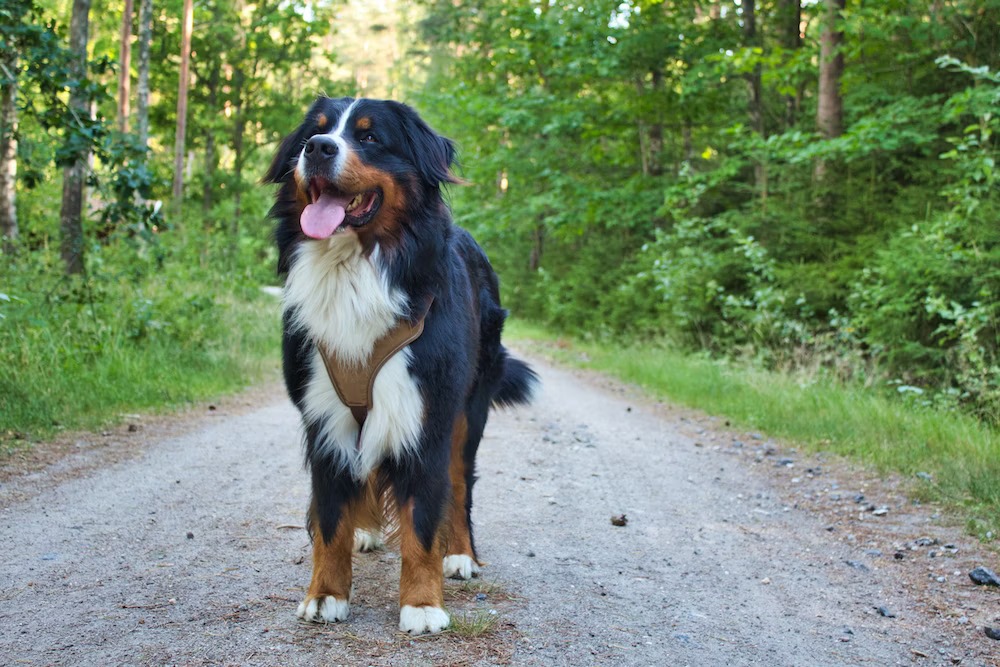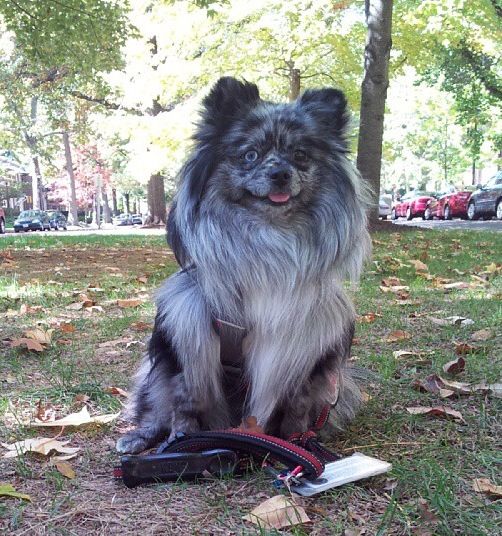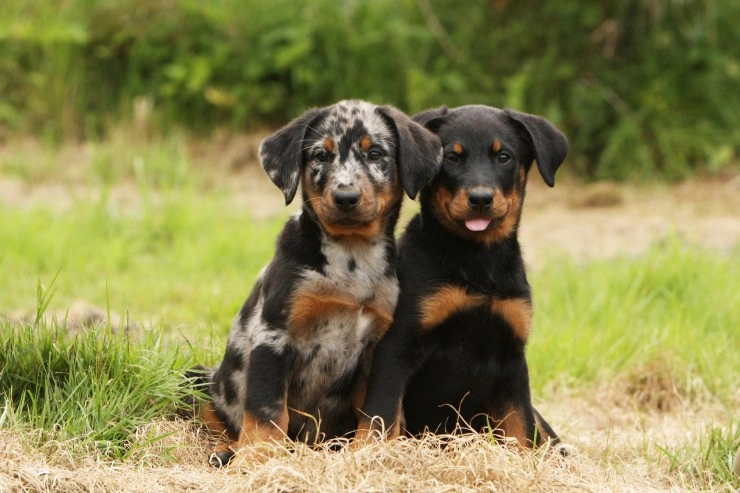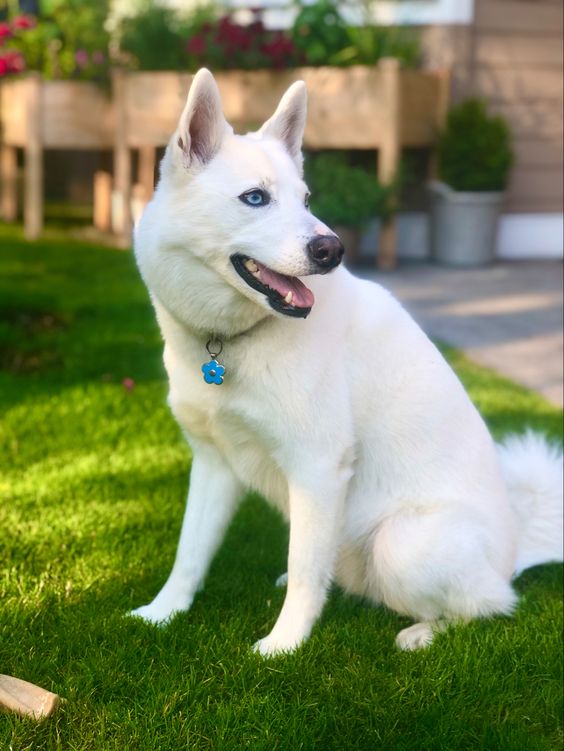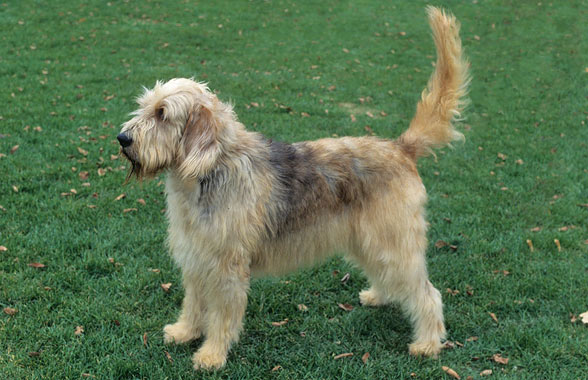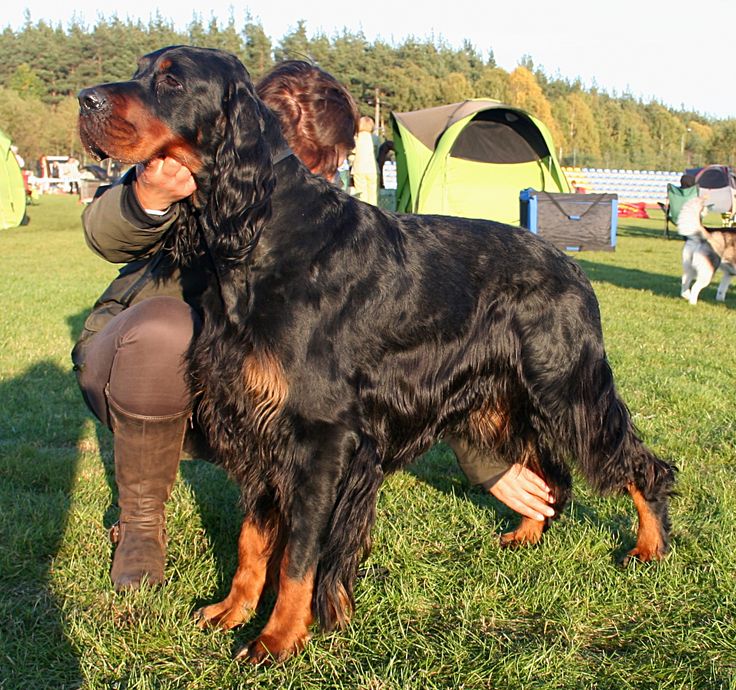Bernese Mountain Dogs are the gentle giants of the Swiss Alps! If you’re interested in learning more about these majestic and lovable creatures, you’ve come to the right place. In this article, we will delve into the history, characteristics, and care requirements of Bernese Mountain Dogs. Whether you’re a prospective owner, a dog enthusiast, or simply curious about this breed, we have all the information you need. So, let’s dive in and explore the fascinating world of Bernese Mountain Dogs together!
History and Origin of Bernese Mountain Dogs
Ancient Origins
The history of Bernese Mountain Dogs can be traced back to ancient times. It is believed that these gentle giants have descended from large mastiff-type dogs that accompanied the ancient Roman army during their conquests. These dogs were renowned for their strength and loyalty, and their genes were passed down through generations.
Development in the Swiss Alps
The development of Bernese Mountain Dogs as a distinct breed took place in the Swiss Alps. Centuries ago, Swiss farmers and herders recognized the need for a versatile and hardworking dog that could assist them in their daily tasks. These dogs were crossbred with local farm dogs, resulting in the creation of the Bernese Mountain Dogs we know today.
The breeders focused on developing a dog with the ability to pull carts, guard livestock, and navigate the rugged terrain of the Swiss Alps. These dogs were not only strong and agile but also exhibited a calm and gentle temperament, making them perfect companions for the farmers and herders in the region.
Popularity in Switzerland
Bernese Mountain Dogs quickly gained popularity in Switzerland due to their exceptional working abilities and friendly nature. They became an integral part of Swiss agricultural and herding communities, aiding in various tasks such as pulling milk carts, herding cattle, and guarding farms.
Their striking appearance, with their distinctive tri-color coat, also contributed to their popularity. The Swiss people developed a deep affection for these dogs, and they became a symbol of Swiss heritage and tradition. Bernese Mountain Dogs were often seen participating in local festivals and events, showcasing their versatility and charm.
Even today, Bernese Mountain Dogs hold a special place in the hearts of the Swiss population. They are considered a national treasure and are highly regarded as family pets worldwide due to their calm and gentle nature, loyalty, and their ability to form strong bonds with their human companions.
Physical Characteristics
Size and Weight
Bernese Mountain Dogs are known for their large size and sturdy build. On average, adult males stand about 25 to 27.5 inches tall at the shoulder, while females are slightly smaller, measuring around 23 to 26 inches. When it comes to weight, these gentle giants can range anywhere from 80 to 115 pounds, with males typically being heavier than females.
Coat and Colors
One of the most striking features of Bernese Mountain Dogs is their beautiful coat. They have a thick, double-layered coat that is weather-resistant and perfect for the cold climate of the Swiss Alps. The outer coat is long, straight, and slightly wavy, while the undercoat is dense and insulating.
As for colors, Bernese Mountain Dogs are easily recognizable due to their unique tri-color pattern. Their base color is jet black, with rich rust-colored markings on their cheeks, eyebrows, chest, and legs. They also have white markings on their chest, face, and sometimes on their paws.
Distinctive Features
Apart from their size and coat, Bernese Mountain Dogs have several distinctive features that make them stand out. One of their most notable features is their expressive, kind eyes, which are usually dark brown and filled with warmth and intelligence. They also have a strong, broad head with a well-defined stop and a black nose.
Another distinctive feature is their sturdy build, which gives them a powerful and balanced appearance. Their bodies are slightly longer than they are tall, with a deep chest and strong, muscular legs. Bernese Mountain Dogs also have a bushy tail that hangs down when they are relaxed but curls slightly upward when they are excited or alert.
In conclusion, Bernese Mountain Dogs possess physical characteristics that make them truly remarkable. From their impressive size and weight to their stunning coat colors and distinctive features, these gentle giants of the Swiss Alps are a sight to behold.
Temperament and Personality
Gentle and Affectionate
Bernese Mountain Dogs are known for their gentle and affectionate nature. Despite their large size, they are incredibly gentle with their families and enjoy being around people. These dogs have a calm and patient demeanor, making them excellent companions for families of all sizes. They are often described as being very loving and are known to form strong bonds with their owners.
Intelligent and Alert
In addition to their gentle nature, Bernese Mountain Dogs are highly intelligent and alert. They are quick learners and are always eager to please their owners. With proper training and socialization, these dogs can excel in various activities such as obedience, agility, and even therapy work. Their intelligence combined with their alertness makes them excellent watchdogs, as they are always aware of their surroundings and will alert their families of any potential danger.
Good with Children and Other Pets
One of the most endearing qualities of Bernese Mountain Dogs is their natural affinity for children and other pets. They have a patient and tolerant nature, making them excellent companions for families with young children. Bernese Mountain Dogs are known to be gentle and protective of children, often forming strong bonds with them. Additionally, they generally get along well with other pets, including cats and other dogs, when properly socialized from a young age.
In summary, Bernese Mountain Dogs have a temperament and personality that is truly remarkable. They are gentle and affectionate, making them excellent family pets. Their intelligence and alertness make them quick learners and effective watchdogs. Lastly, their natural affinity for children and other pets ensures that they can easily fit into any family dynamic.
Bernese Mountain Dog Training and Exercise
Training Needs
Training is an essential aspect when it comes to Bernese Mountain Dogs. These gentle giants are intelligent and eager to please, making them highly trainable. However, they can also be quite stubborn at times, so consistent and patient training methods are necessary.
Early socialization is crucial for Bernese Mountain Dogs to ensure they grow up to be well-rounded and confident companions. Introduce them to various people, animals, and environments from a young age to help them become comfortable and friendly in different situations.
Basic obedience training should be a priority for Bernese Mountain Dogs. Teach them commands such as sit, stay, come, and heel to establish good behavior and control. Positive reinforcement techniques, such as rewards and praise, work best with these dogs as they respond well to encouragement and love. Avoid using harsh training methods as it can harm their sensitive nature and negatively impact their willingness to learn.
Due to their size and strength, leash training is particularly important for Bernese Mountain Dogs. Start leash training early on to prevent them from pulling or becoming difficult to handle during walks. Consistent leash training will ensure you can enjoy pleasant walks with your Bernese companion without any issues.
Exercise Requirements
While Bernese Mountain Dogs have a calm and gentle nature, they still require regular exercise to maintain their overall health and prevent obesity. Aim to provide them with at least 30 to 60 minutes of moderate exercise daily, such as brisk walks, jogging, or playing in a securely fenced yard.
These dogs also thrive in activities that engage their minds, such as puzzle toys or obedience training sessions. Mental stimulation is as important as physical exercise for Bernese Mountain Dogs as it helps prevent boredom and destructive behavior.
However, it is important to avoid excessive exercise, especially during their growth phase. Bernese Mountain Dogs are prone to certain joint and bone issues, so consult with your veterinarian to determine the appropriate exercise regimen for your dog’s age and health condition.
Importance of Socialization
Socialization plays a vital role in shaping the behavior and temperament of Bernese Mountain Dogs. Exposing them to various people, animals, and environments is crucial to ensure they grow up to be well-adjusted and confident dogs.
Introduce your Bernese Mountain Dog to different situations and environments from an early age. Take them to parks, busy streets, and other places where they can encounter unfamiliar sights, sounds, and smells. Encourage positive interactions with other dogs, animals, and people to help them develop good social skills.
Socialization helps prevent behavioral issues such as aggression and fearfulness. Well-socialized Bernese Mountain Dogs are more likely to be friendly, outgoing, and accepting of new experiences throughout their lives.
Remember to always supervise interactions and provide positive reinforcement during socialization exercises. This will ensure your Bernese Mountain Dog grows up to be a well-mannered and sociable companion.
Health and Care
Common Health Issues
Bernese Mountain Dogs are generally a healthy breed, but like all dogs, they are prone to certain health issues. It is important for owners to be aware of these common health problems so that they can provide the necessary care and attention to keep their Bernese Mountain Dogs healthy and happy.
One common health issue in these Dogs is hip and elbow dysplasia. These conditions occur when the hip or elbow joints do not develop properly, leading to pain, lameness, and eventual arthritis. Regular exercise, a balanced diet, and maintaining a healthy weight can help minimize the risk of these conditions. It is also recommended to have your Bernese Mountain Dog’s hips and elbows evaluated by a veterinarian.
Another health concern in this breed is bloat, also known as gastric dilatation volvulus (GDV). Bloat occurs when the stomach fills with gas and twists, causing a potentially life-threatening situation. To reduce the risk of bloat, it is advised to feed your Bernese Mountain Dog smaller, frequent meals rather than one large meal. Avoid strenuous exercise right after meals and monitor their water intake.
Bernese Mountain Dogs are also prone to various types of cancer, including mast cell tumors, lymphoma, and osteosarcoma. Regular veterinary check-ups and early detection are crucial in managing and treating these conditions. It is recommended to be vigilant and regularly check your dog for any unusual lumps, bumps, or changes in behavior.
Grooming and Coat Maintenance
Bernese Mountain Dogs have a beautiful, thick double coat that requires regular grooming to keep it healthy and free from matting. Despite their long fur, they are considered a moderate shedding breed.
To maintain their coat, it is recommended to brush your Bernese Mountain Dog at least once a week, if not more frequently during shedding seasons. This helps remove loose hair, prevents matting, and keeps their coat looking its best. Additionally, regular brushing stimulates blood flow to the skin, promoting overall skin health.
Bathing should be done as needed, typically every 2-3 months, or when your Bernese Mountain Dog gets particularly dirty. Use a dog-specific shampoo and conditioner to keep their coat clean and moisturized. It is important to thoroughly dry their coat after bathing to prevent any dampness that could lead to skin issues.
Aside from coat maintenance, regular dental care is essential for their overall health. Brush your Bernese Mountain Dog’s teeth regularly and provide dental chews or toys to help reduce tartar buildup and maintain good oral hygiene.
Nutrition and Exercise for Optimal Health
Proper nutrition is vital for the overall health and well-being of Bernese Mountain Dogs. A balanced diet that provides essential nutrients in appropriate quantities is essential to support their growth, maintain a healthy weight, and prevent certain health issues.
Consult with your veterinarian to determine the best diet for your Bernese Mountain Dog, taking into consideration their age, activity level, and any specific health concerns. High-quality dog food that lists meat as the first ingredient is generally recommended. Avoid overfeeding and monitor their weight to prevent obesity, which can contribute to joint problems and other health issues.
Regular exercise is important to keep Bernese Mountain Dogs physically and mentally stimulated. They are an active breed that enjoys activities such as daily walks, playtime, and even hiking. Aim for at least 30 minutes to an hour of exercise every day to help maintain their muscle tone, prevent weight gain, and promote overall cardiovascular health.
Remember to provide plenty of fresh water at all times, especially during exercise, to keep your Bernese Mountain Dog hydrated.
By focusing on their health and providing proper care, you can ensure that your Bernese Mountain Dog remains a happy and healthy member of your family.
Bernese Mountain Dogs are truly the gentle giants of the Swiss Alps. Their friendly and calm demeanor, coupled with their impressive size and strength, make them the perfect companions for individuals and families alike. Whether it be their loyalty, intelligence, or their ability to adapt to various climates, these dogs continue to captivate the hearts of dog lovers around the world. With their stunning appearance and gentle nature, it is no wonder that Bernese Mountain Dogs are a beloved breed. So, if you are seeking a loyal, kind-hearted, and majestic companion, look no further than the Bernese Mountain Dog.

